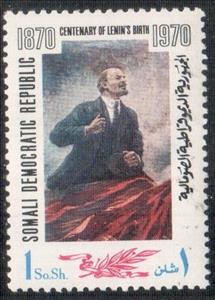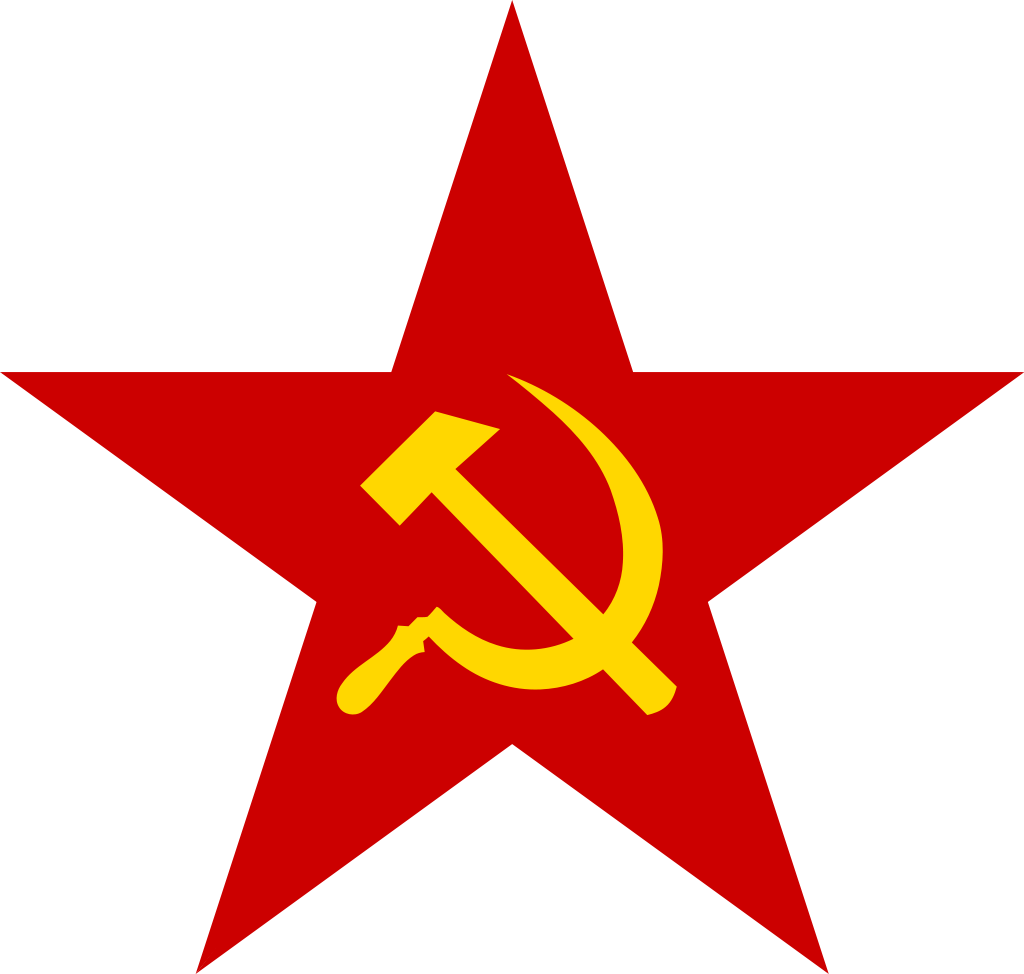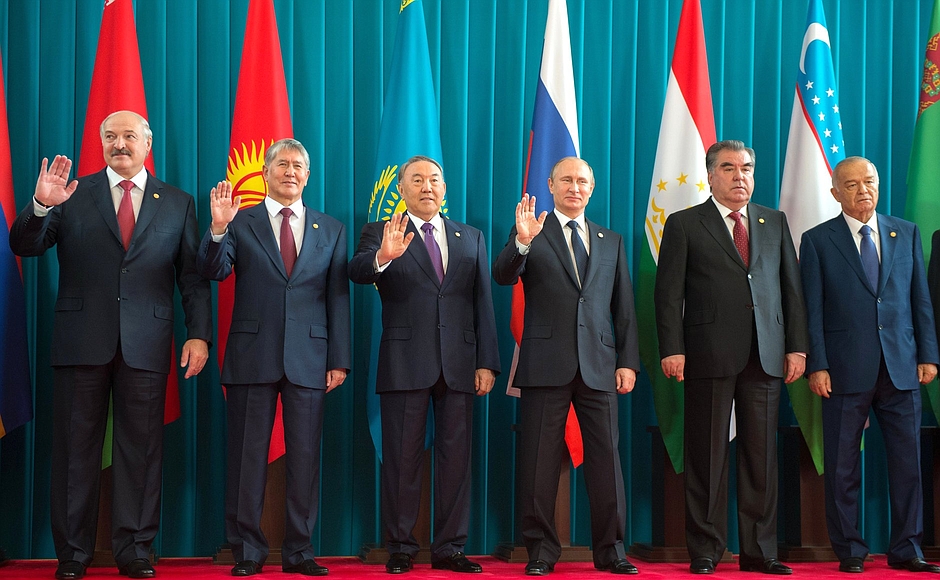Stamp: Lenin addressing crowd (Somalia 1970)
Lenin addressing crowd (Somalia 1970)
22 April (Somalia ) within release 100th birthday Lenin (1870-1924) goes into circulation Stamp Lenin addressing crowd face value 1 Somali shilling
| Stamp Lenin addressing crowd in catalogues | |
|---|---|
| Michel: | Mi: SO 160 |
| Stamp Number: | Sn: SO 358 |
Stamp is square format.
Also in the issue 100th birthday Lenin (1870-1924):
- Stamp - Lenin addressing crowd face value 1;
- Stamp - Lenin walking with child face value 0.25;
- Stamp - Lenin in his study face value 1.80;
Stamp Lenin addressing crowd it reflects the thematic directions:
Communism (from Latin communis, 'common, universal') is a left-wing to far-left sociopolitical, philosophical, and economic ideology within the socialist movement, whose goal is the creation of a communist society, a socioeconomic order centered around common ownership of the means of production, distribution, and exchange that allocates products to everyone in the society based on need. A communist society would entail the absence of private property and social classes, and ultimately moneyand the state (or nation state).
A dictator is a political leader who possesses absolute power. A dictatorship is a state ruled by one dictator or by a polity. The word originated as the title of a Roman dictator elected by the Roman Senate to rule the republic in times of emergency. Like the terms "tyrant" and "autocrat", dictator came to be used almost exclusively as a non-titular term for oppressive rule. In modern usage, the term dictator is generally used to describe a leader who holds or abuses an extraordinary amount of personal power.
A head of state (or chief of state) is the public persona that officially represents the national unity and legitimacy of a sovereign state. In some countries, the head of state is a ceremonial figurehead with limited or no executive power, while in others, the head of state is also the head of government. In countries with parliamentary governments, the head of state is typically a ceremonial figurehead that does not actually guide day-to-day government activities and may not be empowered to exercise any kind of secular political authority (e.g., Queen Elizabeth II as Head of the Commonwealth). In countries where the head of state is also the head of government, the president serves as both a public figurehead and the actual highest ranking political leader who oversees the executive branch (e.g., the President of the United States).


